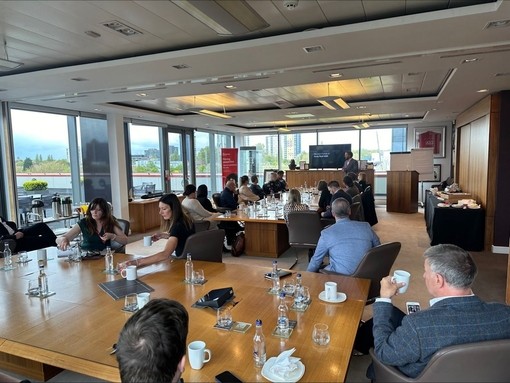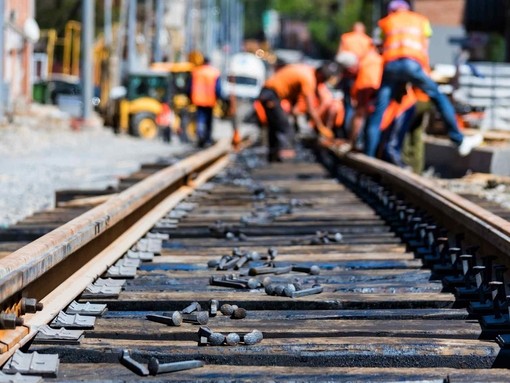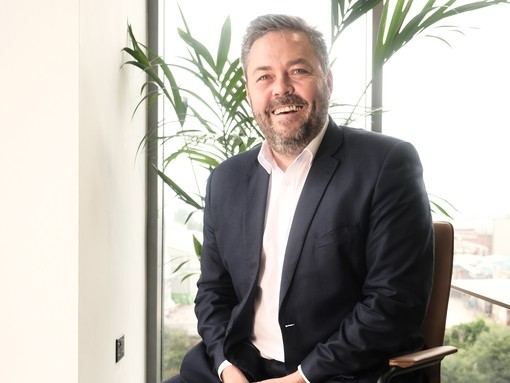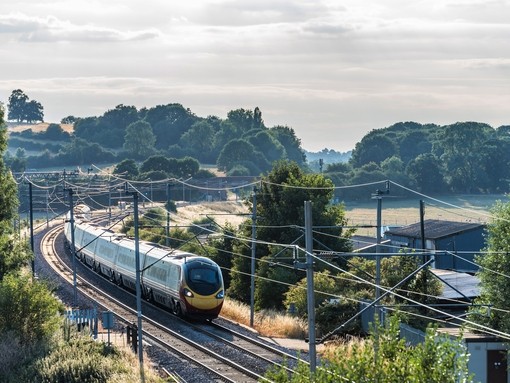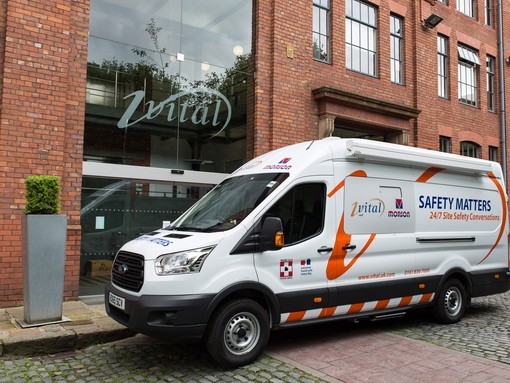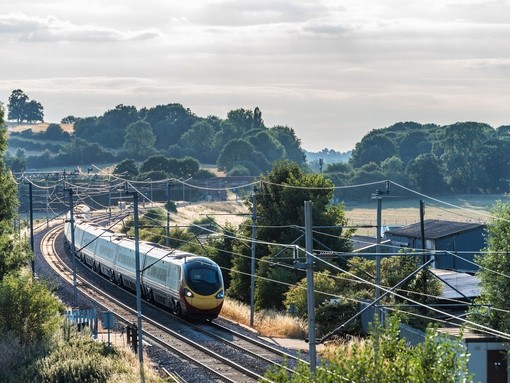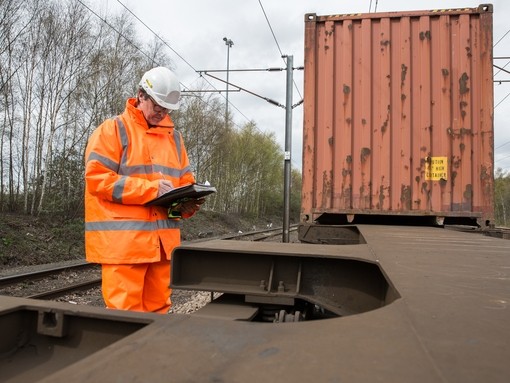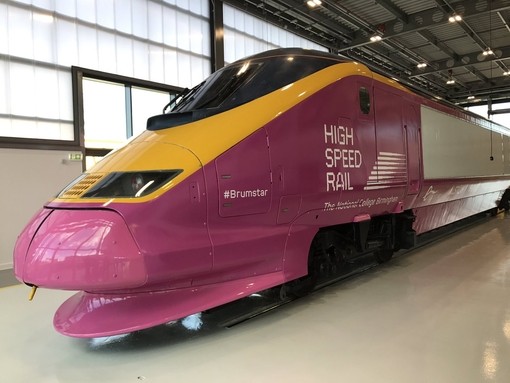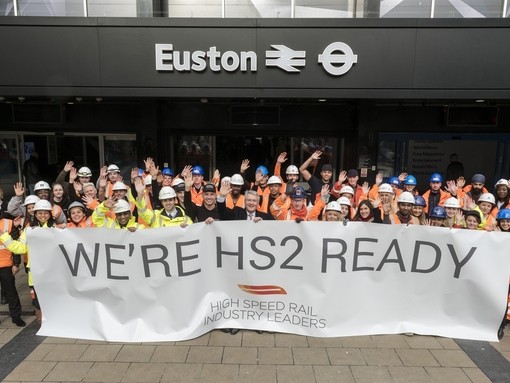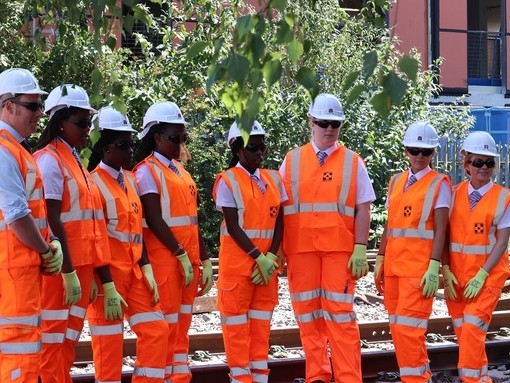
Daniela's London Underground journey | Morson Canning Town
When most people are settling in to sleep for the night, teams all across the London Underground are preparing for their shifts working through the night. We spoke to one of Morson’s Canning Town staff about how she ended up working in the industry.
Daniela Halacheva has worked night shifts on the London Underground for over 14 years. She has recently been given the responsibility of looking after the female work placements during their introductory night shifts on the London Underground as part of the Transport For London Women Into Technology and Engineering programme. Morson was invited to be part of the programme after winning the TfL Supplier Award for Best Apprenticeship 2018.
She speaks to Morson about how she ended up working in a male-dominated industry, and how she has made her mark.
“I saw the ad in the newspaper looking for night workers and that was what I was looking for so I went for it. I was thinking in my head back then that it would be something for a year or two maybe, but I’ve been doing this job 14 years now.”
Working on the London Underground on the night shift might not sound like the ideal job for someone like Daniela with a young child, but she stresses the benefits of the role:
“It’s a very good job if you’ve got the right attitude. It’s not easy, but if you’ve got the right attitude towards the job and the duties you have you’ll succeed.”
After undergoing training, Daniela became Protection Master. This safety-critical role involved liaising with the site leader to ensure safe working on site, implementing and adhering to stringent health and safety regulations. Safety guidelines are constantly evolving on the London Underground and are altered based on changing conditions and in the event of any incident.
“If something happens out there, they will add on things to make it safer, be that equipment or procedures and I like that. We go by certain books, and if it’s not written in the book you should not really be doing it. Shortcuts don’t necessarily mean good things. Yes you might get a little more work done, but is it safe? Shortcuts usually lead to mistakes and incidents. This is why I say, if it’s in the book, go by the book. It should not be taken lightly. Obviously, all the training we do here is by LU standards, so you can’t really deviate. We’re not writing history here, we’re just passing on the knowledge.”
Daniela recognises that the rail industry as a whole is male ominated, though during her 14 years of service has seen a lot more women being attracted to the role. As a woman, she has been ideally placed to impart her knowledge to the WiTnE placement students.
“It’s harder for women to integrate into the industry but more and more women are getting into it – technical officers and project engineers/ When I started there were not that many women so you’re barely ever going to see someone like you. It was quite daunting at first. My first ever briefing as a Protection Master was in front of 60 guys! But a lot of people would find that hard. There are guys that might have worked in a gang for two, five years. But when they’re in the limelight giving their first briefing they do feel nervous.”
Find out more about what Morson is doing to improve diversity across industries here.


